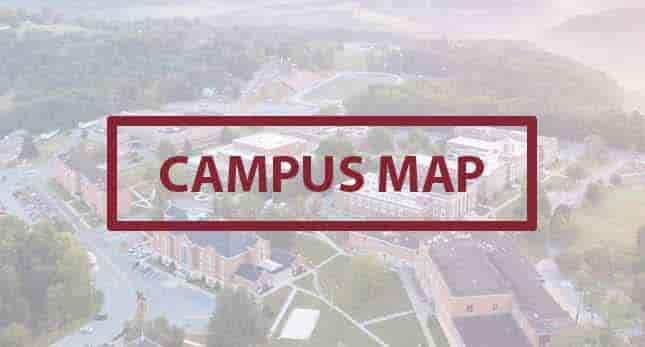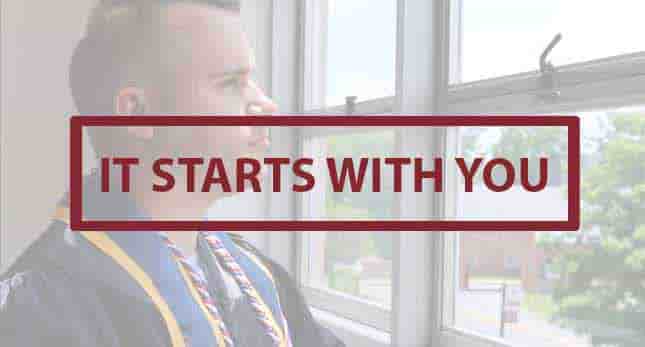Concord University is committed to diversity and inclusion for all individuals in all aspects. As such, Concord promotes equal access and opportunity through programming, academic courses, campus organizations, employment and University admissions.
As a public, career-focused liberal arts institution, Concord serves as a regional resource with a multicultural and multinational perspective. To prepare our students for productive lives that positively contribute to societal growth and well-being, it is essential that Concord serve as a model of inclusion and acceptance.
To this end, Concord embraces the values of mutual respect, fairness, understanding and appreciation of differences, leadership, and service to others. Hatred of individuals or groups, discrimination, bigotry, intolerance of others, or bullying and harassment are unacceptable. As a community, Concord stands committed to welcoming and actively promoting acceptance.
Concord University’s Diversity, Equity and Inclusion Statement
Concord University and its Office of Diversity, Equity, and Inclusion are dedicated to attracting the best students, staff, and faculty from diverse backgrounds, ideas, and points of view. We will achieve this by creating a safe and open environment in which everyone can learn from one another. Concord University’s dedication to diversity, equity, and inclusion is critical to our academic excellence.
Our Commitment to You
Concord University is committed to the mission and vision of diversity, inclusion and equity in which all of our students, faculty, staff, and visitors are welcome and respected. As a committee, we are committed to creating a climate of inclusion that is anti-racist, anti-sexist, and anti-bigotry of all kinds, and combats prejudice, hostility, or discrimination toward any culture or group.
Vision
The Diversity, Equity, and Inclusion Council’s vision is to strengthen the knowledge and skills of the Concord community in the areas of diversity, equity, and inclusion. This will be accomplished through leading, developing, and delivering campus-wide efforts and initiatives to educate and provide a forum for open discussion.
Message from the President
Joining the Concord faculty many years ago, it was apparent to me that the values of excellence, respect for others, kindness, and welcoming attitudes were important here; they were valued and practiced by the University’s leadership and by my colleagues. As I have moved through several campus leadership roles, I have been proud to recognize that Concord University is now, and has always been, a place of excellence designed for all students to come, to grow, and to learn. Concord not only invites, but celebrates diversity, equity, and inclusion among our students, faculty and staff.
I believe that hearing the voices of those unlike me is one of the best ways to grow and to become a more enlightened thinker. I have been inspired by so many colleagues, staff members, and students to think about ideas in different ways. Higher education settings are the places that can open our minds to new ideas, while also providing specific new skill sets, so that by commencement, our students are ready to enter careers or graduate studies ready to make their marks on the world. In the meantime, students have made impressions on each of us and made us think about the world in new ways. I continue to be ready, as are the faculty and staff of Concord University, to continue productive discourse and conversations so that diversity, equity, inclusion, and growth will accelerate in our community and beyond.
My goal at Concord is to be certain our community recognizes that all respectful, individual voices will always be welcomed here with enthusiasm. I want each of us to be encouraged to remember that listening is a skillset each of us must practice vigilantly. We are committed to listening to one another deeply and to shaping our conversations towards increasingly positive change.


